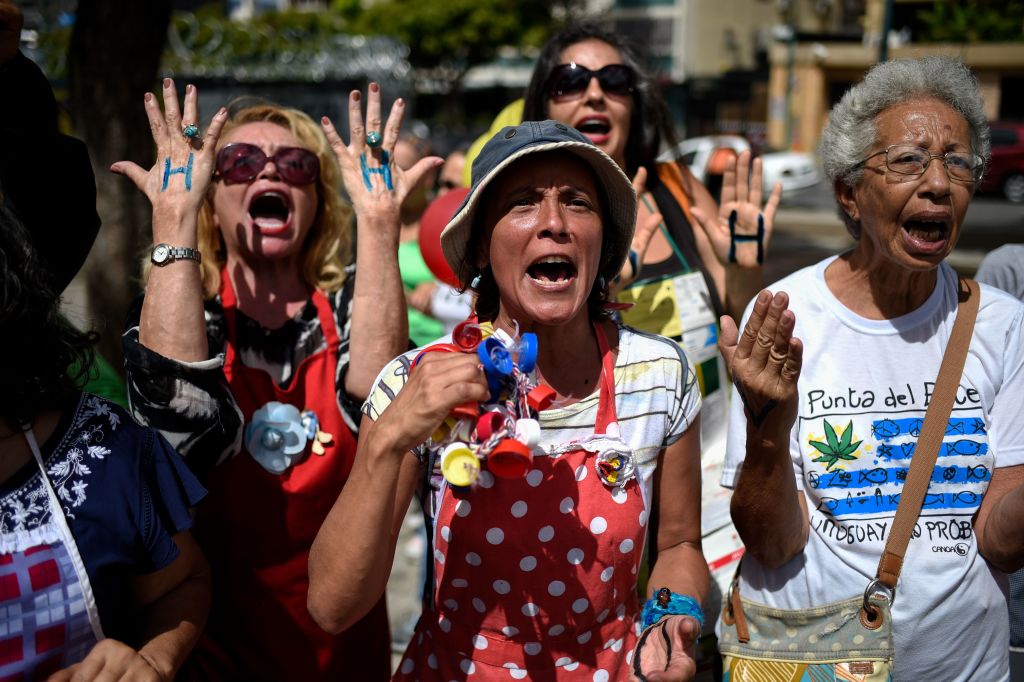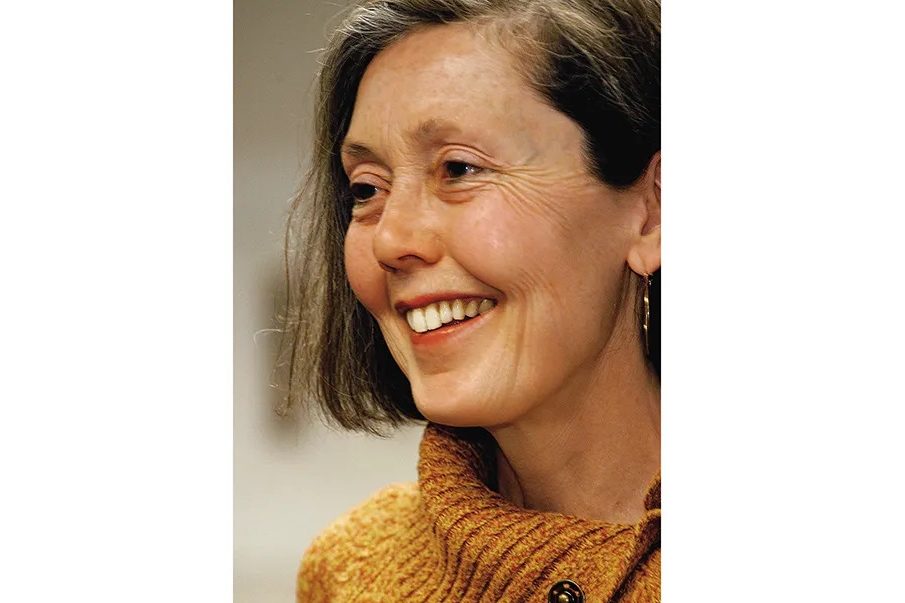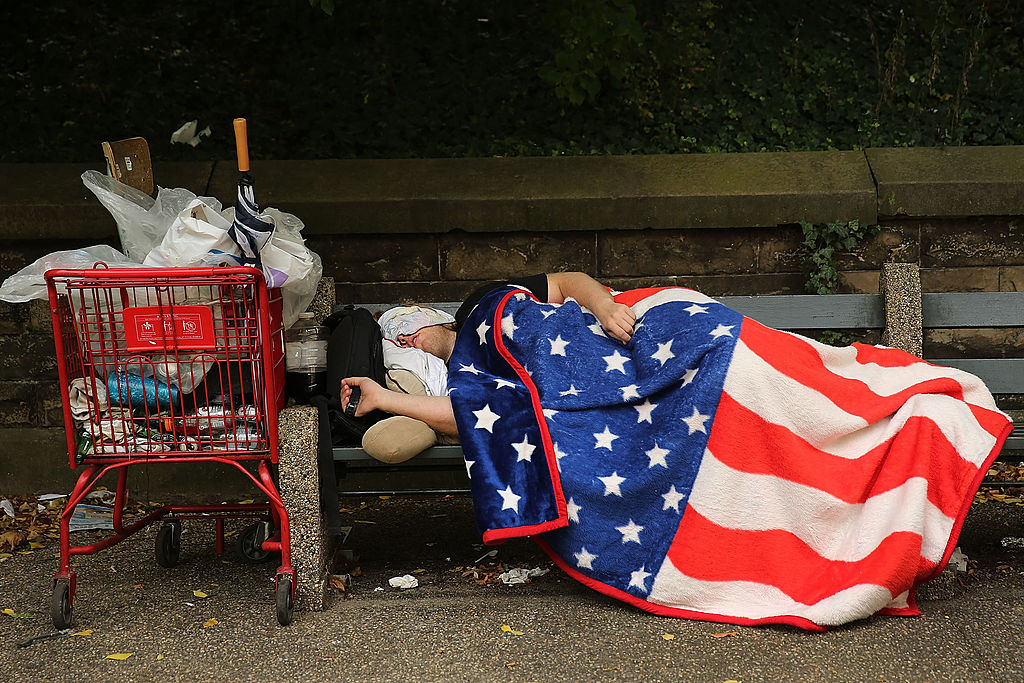According to a Vienna-based think tank, the World Data Lab, a remarkable milestone was reached this week – for the first time, half the world’s population can be classified as middle class. Obviously, there is wide room for interpretation as to what constitutes membership of the middle classes – the World Data Lab defines it as the ability to afford a washing machine and to be able to go on holiday. But it is nevertheless an indicator which deserves far more attention than it gets paid. After all, it is not so very long ago that economists would have described the middle classes as constituting a small proportion of the population even in the developed world.
Yet, ask a good many people how they would describe the majority of the world’s population and they almost certainly give the answer that they are living in ‘poverty’. That is because we are continually being fed the idea that the gap between the world’s rich and poor is growing ever wider. We recall campaigns to alleviate the occasional African famine and, in the absence of any direct experience of life on that continent, imagine that such conditions there must be normal. Worse, we swallow all-too easily the fantasy spun by Al Gore and others that our wealthy lifestyles are reducing others in the world to poverty through the mechanism of climate change.
The reality – however you define things like ‘poverty’ and ‘middle class’ – is exactly the opposite. War zones apart, people are getting richer almost everywhere in the world. The World Data Lab has two clocks on its website: one showing the world’s population and the other showing the number of people living in poverty – using the UN definition of poverty people living on less than $1.90 a day (adjusted for Purchasing Parity Power). While the former notches upwards every second, the latter notches downwards at a similar rate. Since 2000, the global poverty rate has halved.
Yet why do we hear so little about this global success story? It suits far too many people to believe that the constituency of the world’s poor is growing ever larger. Such a belief feeds the burgeoning aid industry, it suits documentary-makers, miserabilist authors and many others. But above all, the world’s falling poverty rate is inconvenient to left-wing politicians because the overwhelming reason for it is so clear: the rise of global capitalism. The collapse of communism in Eastern Europe and the embrace of market economies in China and India, especially, have contributed to growing global wealth.
True, not everywhere has shared the party. There are the Somalias and Syrias, wrought by civil war. There is Venezuela, one of the few countries which has retreated from a market economy in recent years and where millions have been reduced to penury as a result – even though Jeremy Corbyn and others continue to champion it. Then there is Western Europe where, while far from poor, living standards have stagnated since the crisis of 2008/09. All of these are problems which need addressing, but none of this should be allowed to detract from the overall global picture of rising living standards. As for those who refuse to see it, they might well be called global development deniers.

























